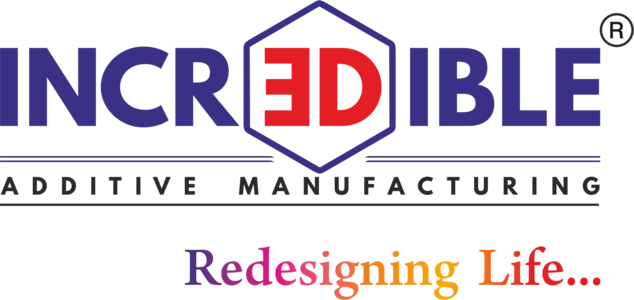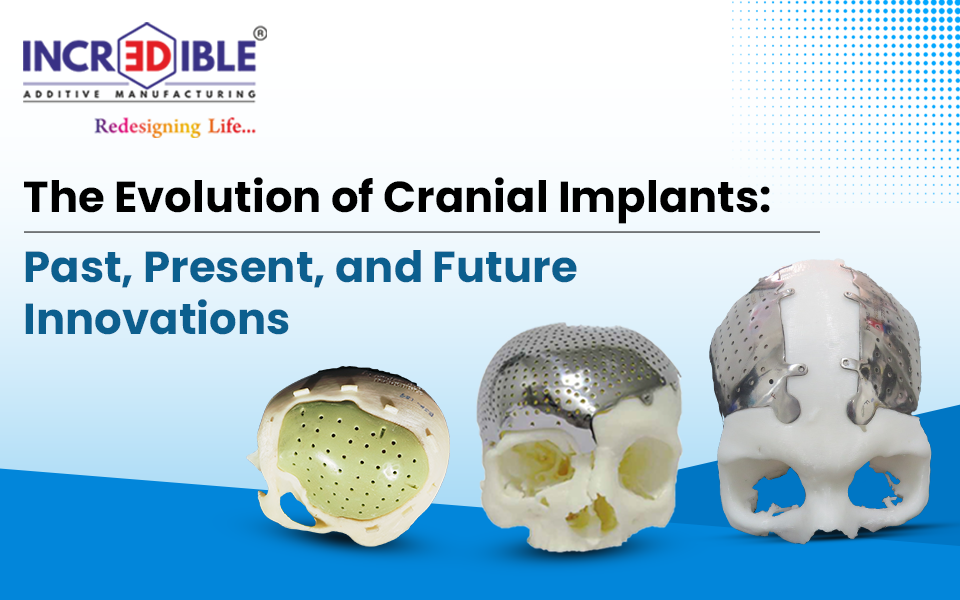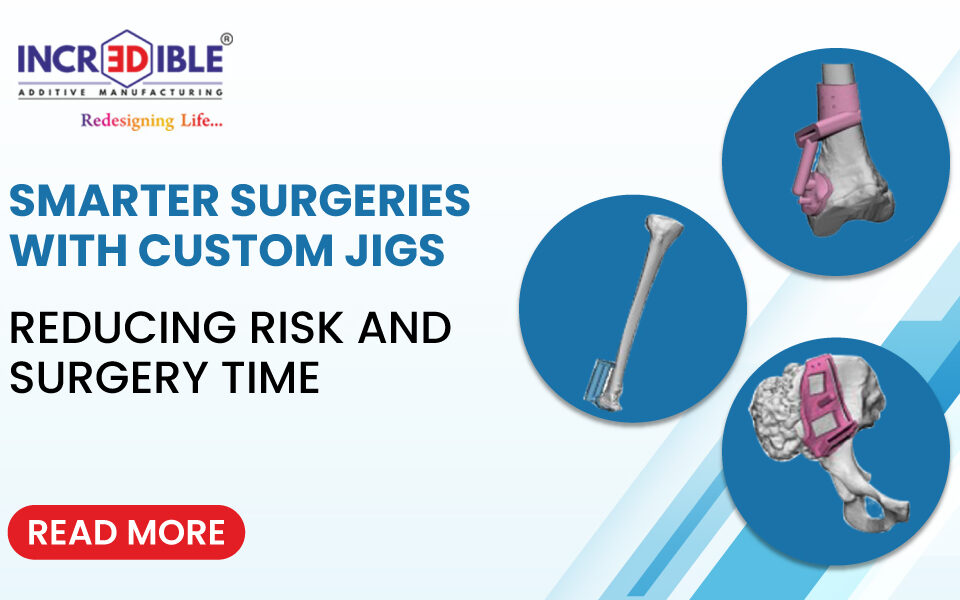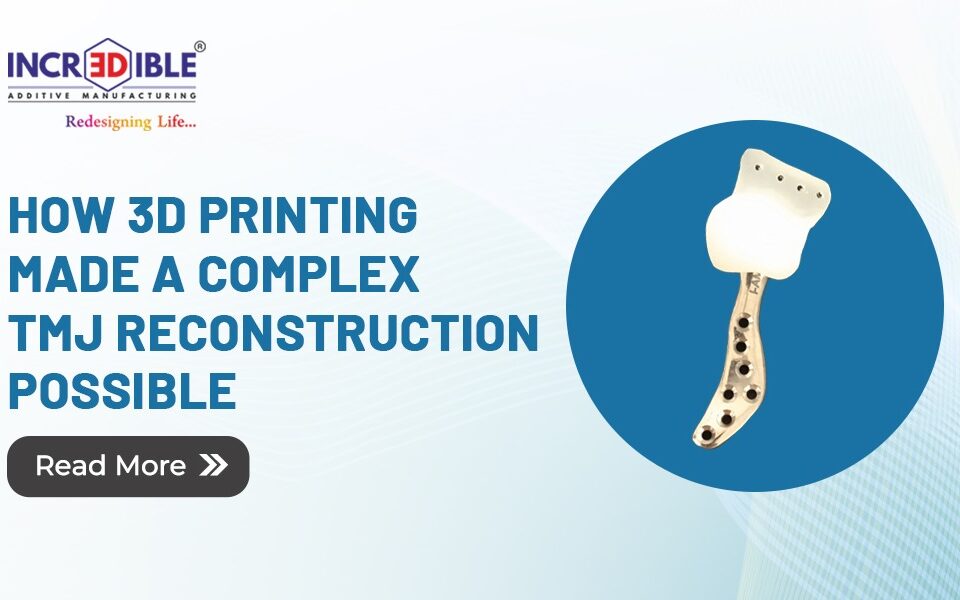3D Incredible AM Pvt. Ltd. is a leading metal 3D printing company that produces patient-specific 3D printed implants. It performs a variety of tests to ensure that it meets the ISO 13485 quality requirements, which is the world’s best and most comprehensive quality standard. Before reaching the customers, all of 3D Incredible’s medical products are put through rigorous testing.
Here is the list of Various Testing and Validation processes Conducted by 3D Incredible:
1. Tensile Testing: This is the first test performed in accordance with the ASTME8 standard. Tensile testing is one of the most basic and widely used mechanical tests. Tensile testing involves applying a tensile force to a material and measuring the response of the specimen to the stress. A tensile test determines a material’s strength and elongation capacity. Patients can be at risk from implant flaws, and tensile testing can help to mitigate this risk by determining the engineering stress and other properties of the material or implant.
2. Bioburden Test: All patient specific medical device manufacturers strive to create safe products, and sterility assurance is an important part of that process. Patient safety can be jeopardized by sterility failures, regulatory intervention, and raw material contamination. Validation of the sterilization process is required by the FDA and other regulatory bodies. Bioburden and sterility tests are usually required for these validations.
Devices are also subjected to these tests as part of routine quality control. Before sterilization, bioburden testing determines the total number of viable microorganisms on an implant, such as bacteria, yeasts, and molds. A suitability test is performed before this test to ensure that the bioburden test method is effective in recovering microorganisms that are present on the patient specific implant. The bioburden test is carried out in accordance with ISO 11737-1:2006 (E) guidelines.
3. Chemical Analysis Test: Chemical analysis tests are performed for a variety of reasons, including material identification and characterization, as well as quality control monitoring. Chemical testing and analysis is necessary for regulatory compliance as well as understanding the quality and composition of chemical substances and materials used in products, industrial processes, and manufacturing.
4. Density Testing: Density testing is an important quality parameter for both raw materials and finished goods. A change in density, which indicates a change in raw material, can have a negative impact on the final product’s functionality or quality. The density measurement of a 3D metal printed patient specific implant is critical for meeting ISO 13485 compliance standards. Every patient specific implant is measured for density at 3D Incredible to ensure the implant’s and patient’s safety.
5. Stability Test: The sole purpose of stability testing is to provide evidence of how an implant’s quality changes over time as a result of various factors such as temperature, humidity, and light. Stability studies include testing of those properties of the active substance that are susceptible to change during storage and are likely to affect quality, safety, or efficacy.
6. Biological Evaluation Test: All devices that have direct or indirect contact with patients must undergo a biological evaluation. Any patient specific medical device or material that comes into contact with a patient’s body must perform its intended functions without causing any harm to the patient. Implant biological evaluation and biocompatibility testing are critical for protecting patients from biological risks. 3D Incredible’s biological evaluation test follows the ISO 10993 standard, which is a legal requirement.
In addition to the tests mentioned above, 3D Incredible follows a set of quality control standards.
• All implants and other products are traceable throughout the manufacturing process, and primary and secondary packing has been used in accordance with regulatory requirements.
• Incredible conduct in 3D medical implant undergoes dimensional accuracy, surface quality inspection during the manufacturing process, and a final inspection.
• We use a NABL accredited laboratory to validate and calibrate equipment on a regular basis to ensure that the product meets standard requirements.
3D Incredibles design software is FDA and CE certified in the United States. We also have AM400 machines with a build platform of 250x250x300mm, which are the best in class. The company is also ISO 13485 certified, which means it has a comprehensive quality management system in place for the design and manufacture of patient specific medical device.
Conclusion:
With the increasing demand for 3D technology, 3D Incredible AM Pvt. Ltd. recognizes the transformative potential of 3D printing in the medical industry and thus provides all of the necessary facilities to encourage many people to use 3D printing technology. 3D Incredible keeps renewing processes with the sole purpose of making the world a better and healthier place. They has ISO 9001 certification, which reflects a standard of quality management systems while meeting different requirements related to a product or service, to help organizations ensure that we meet the needs of customers and other stakeholders. 3D Incredible has world-class infrastructure in addition to all of the certifications and quality tests. The FDA has given their approval to the plant layout.




